(Continuation of Captain Charles Estes's War Memoirs)
"But we flew some several missions. I can't recall the
different ones but the majority of the missions that we
flew carried us over the Alps to Austria or some place in
that area, and that was something that I never even
thought about, flying over the Alps. It was a beautiful
sight to look down and see the Alps, and usually you were
at about 12 to 15,000 feet at the time that you went over them,
so you could see the peaks in there pretty good and everything
was very pretty. And you'd fly over these small towns and
you wouldn't begin to get flak until you got to somewhere
close around the IP, that's the Initial Point, and at that point
is when you turned on the bomb run to bomb your target.
Well, we also flew -- we were assigned -- our crew was assigned
the duties of bad weather missions, instrument missions, and
things of that nature. For some reason or another my
instructor at the Smyrna Air Base had written on my
report that I was exceptionally good at instrument flying,
so I was -- my crew was assigned the duties of the instrument
crew. That meant that we flew on missions when the rest
of the group couldn't fly because the weather was so bad,
and you couldn't hold out -- I mean, you couldn't hold a
formation because of the clouds and everything else.
Well, it was a pat on the back in one respect and a kick
in the ass on the other one, because when you go out on
your own you're subject to being attacked by fighter planes
and things of that nature, and you have no back up crews,
no pursuit coverage, no -- well, you're just -- you're out
there all by yourself. Even the orders that were given you
on the mission was that should your cloud cover give out,
turn around and come home. They didn't want us to be
thrown into a position where we were out there with no help
from anybody and by ourselves and we could be attacked by
combat planes from Germany and they would have an easy
target at us; except that we were pretty proud of our guns
that were on the crew, and we felt like we could take care
of ourselves, but we flew several very, very crucial missions
when the rest of the group couldn't fly because the weather
was bad. But we were not the only instrument crew, every
group or every squadron had an instrument crew; and so
when we went on a mission there were probably six or
seven planes from all of the different groups, or squadrons
flying this mission."
(To be Continued.)
"But we flew some several missions. I can't recall the
different ones but the majority of the missions that we
flew carried us over the Alps to Austria or some place in
that area, and that was something that I never even
thought about, flying over the Alps. It was a beautiful
sight to look down and see the Alps, and usually you were
at about 12 to 15,000 feet at the time that you went over them,
so you could see the peaks in there pretty good and everything
was very pretty. And you'd fly over these small towns and
you wouldn't begin to get flak until you got to somewhere
close around the IP, that's the Initial Point, and at that point
is when you turned on the bomb run to bomb your target.
Well, we also flew -- we were assigned -- our crew was assigned
the duties of bad weather missions, instrument missions, and
things of that nature. For some reason or another my
instructor at the Smyrna Air Base had written on my
report that I was exceptionally good at instrument flying,
so I was -- my crew was assigned the duties of the instrument
crew. That meant that we flew on missions when the rest
of the group couldn't fly because the weather was so bad,
and you couldn't hold out -- I mean, you couldn't hold a
formation because of the clouds and everything else.
Well, it was a pat on the back in one respect and a kick
in the ass on the other one, because when you go out on
your own you're subject to being attacked by fighter planes
and things of that nature, and you have no back up crews,
no pursuit coverage, no -- well, you're just -- you're out
there all by yourself. Even the orders that were given you
on the mission was that should your cloud cover give out,
turn around and come home. They didn't want us to be
thrown into a position where we were out there with no help
from anybody and by ourselves and we could be attacked by
combat planes from Germany and they would have an easy
target at us; except that we were pretty proud of our guns
that were on the crew, and we felt like we could take care
of ourselves, but we flew several very, very crucial missions
when the rest of the group couldn't fly because the weather
was bad. But we were not the only instrument crew, every
group or every squadron had an instrument crew; and so
when we went on a mission there were probably six or
seven planes from all of the different groups, or squadrons
flying this mission."
(To be Continued.)

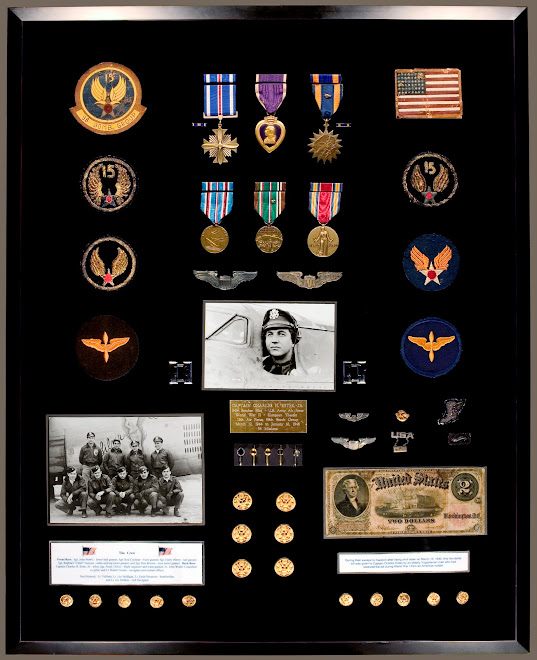



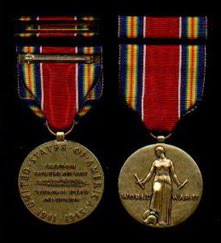


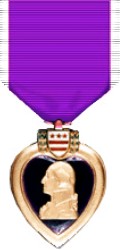

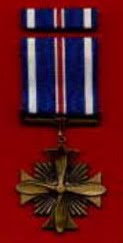
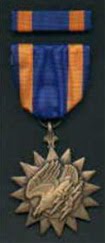
No comments:
Post a Comment